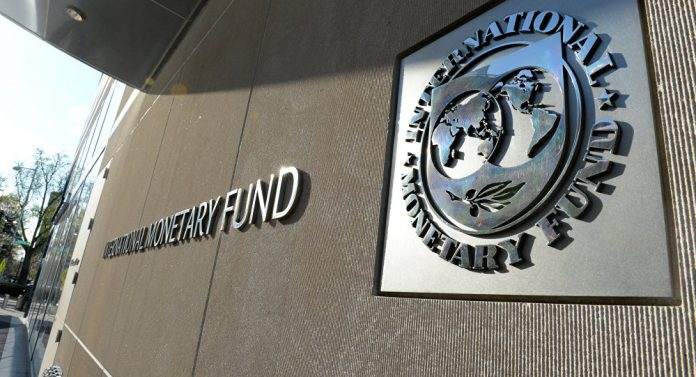The International Monetary Fund (IMF) stated on Wednesday that Pakistan’s timely completion of a recovery plan following severe floods is crucial to enable discussions and ongoing financial support from multilateral and bilateral partners.
When Pakistan was devastated by floods earlier this year, the country was already dealing with a full-blown economic crisis that included decades-high inflation and diminishing foreign exchange reserves. In 2019, it had signed up for a $6 billion IMF bailout programme; the ninth review is presently ongoing.
Esther Perez Ruiz, the IMF’s resident representative in Islamabad, told Reuters that the negotiations will be supported by the timely completion of the recovery plan as well as ongoing financial assistance from multilateral and bilateral partners.
She continued by saying that IMF staff is still in talks with government representatives about how to better prioritise and target aid for humanitarian needs while stepping up reform initiatives to maintain fiscal and economic sustainability.
Over 1,700 people were killed by devastating floods, which also caused billions of dollars’ worth of damage. The damage estimates provided by the government ranged from $10 to $40 billion.
The ninth review of the programme is underway, and the finance ministry stated last week that it would “expeditiously” wrap up technical consultation with the IMF. However, no specific timetable has been set for the study’s conclusion.
The money will save Pakistan, which is battling to persuade international markets and rating agencies that it has the resources to meet external funding commitments, including debt repayments.
Initial next month, Pakistan must return a $1 billion international bond. Foreign reserves held by the State Bank of Pakistan as of last week were $7.9 billion.

